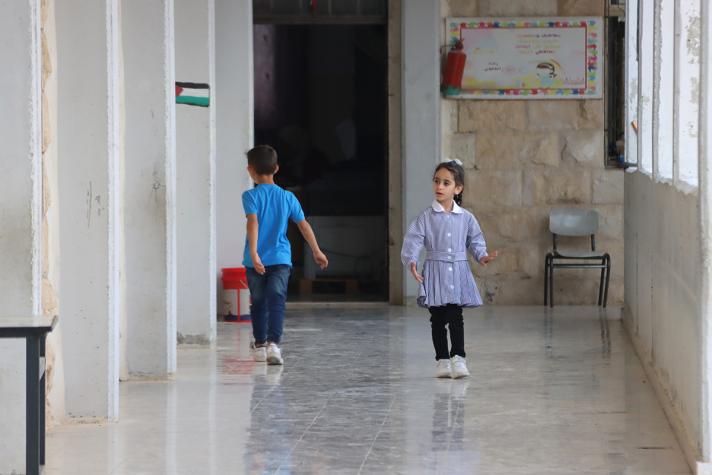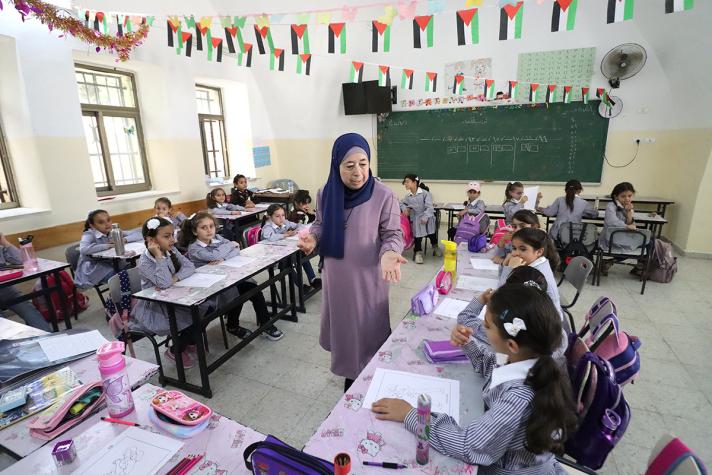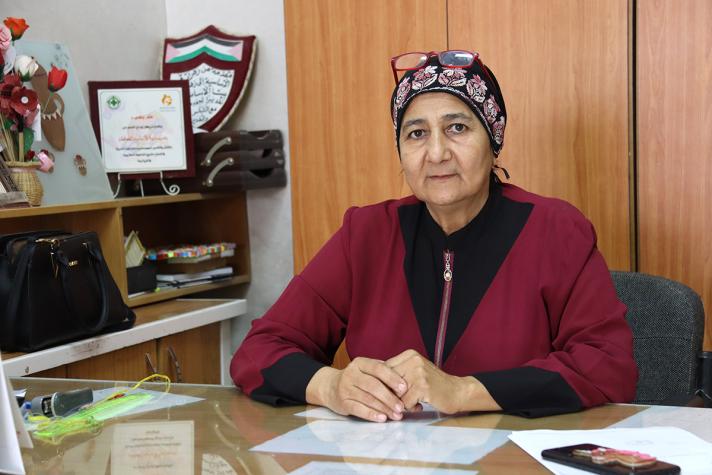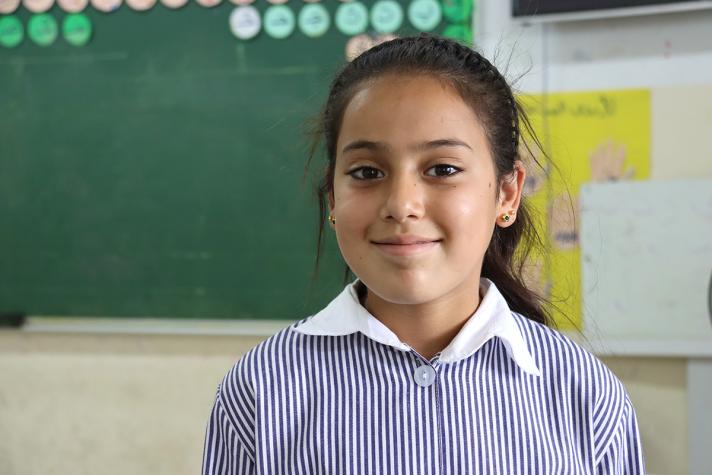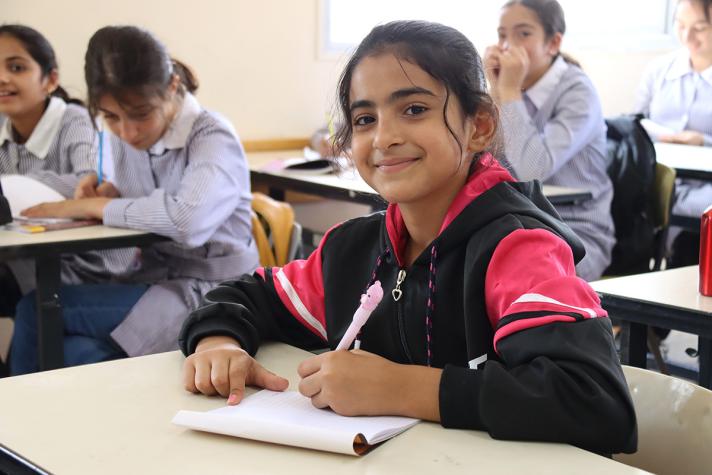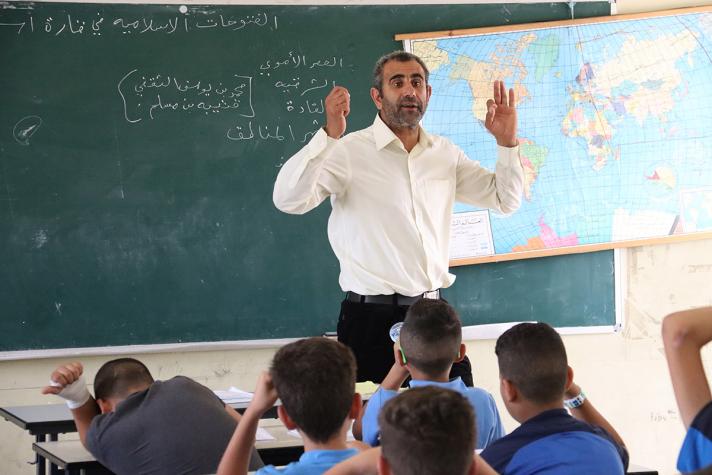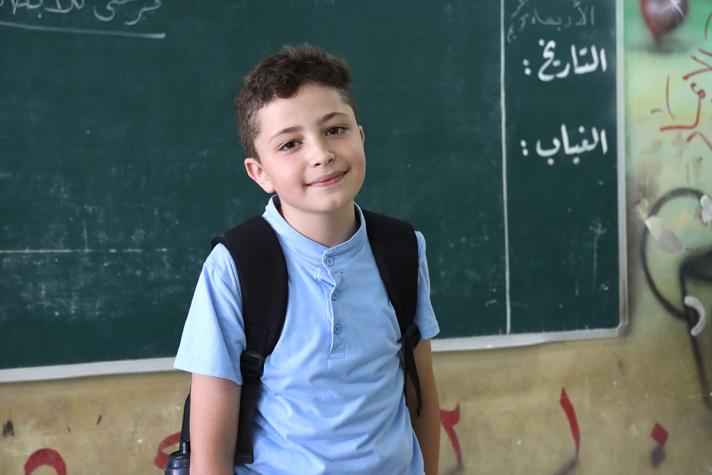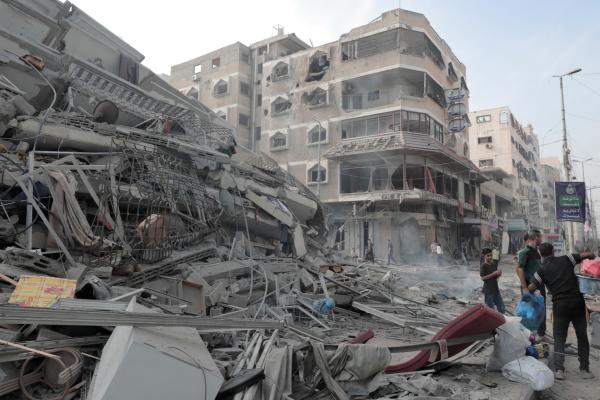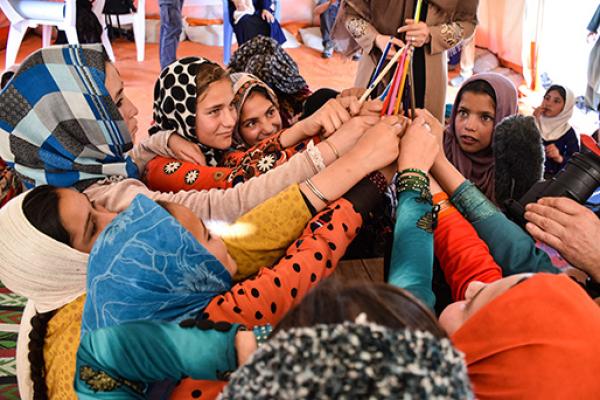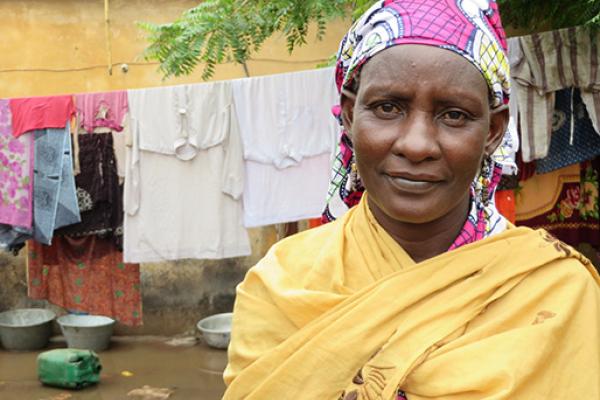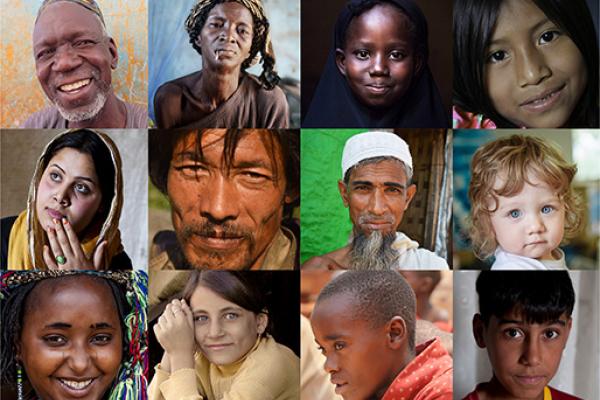Life in the occupied northern West Bank town of Beita, near Nablus, has been turned upside down since Israeli settlers re-established an outpost settlement on Palestinians’ land in May 2021.
Weekly protests against the land grab have resulted in clashes with Israeli forces, with 10 Palestinians, including 2 children, killed by live ammunition, and 6,800 injured, according to the UN.
The Israeli army has also carried out search and arrest campaigns to quash the unrest.
With EU humanitarian support, the Norwegian Refugee Council (NRC) has implemented a ‘better learning programme’ in Beita allowing over 600 students to receive psychosocial support after the first killings.
Story and photos by the Norwegian Refugee Council.
Publication date: 28/06/2023

